BACK TO RESEARCH WITH IMPACT: FNR HIGHLIGHTS
Billions of living microorganisms live in the human gut microbiome. Research has shown that an imbalanced microbiome plays a role in several health issues that revolve around stomach issues. Probiotics can help but are still limited – scientists are exploring additional sources.
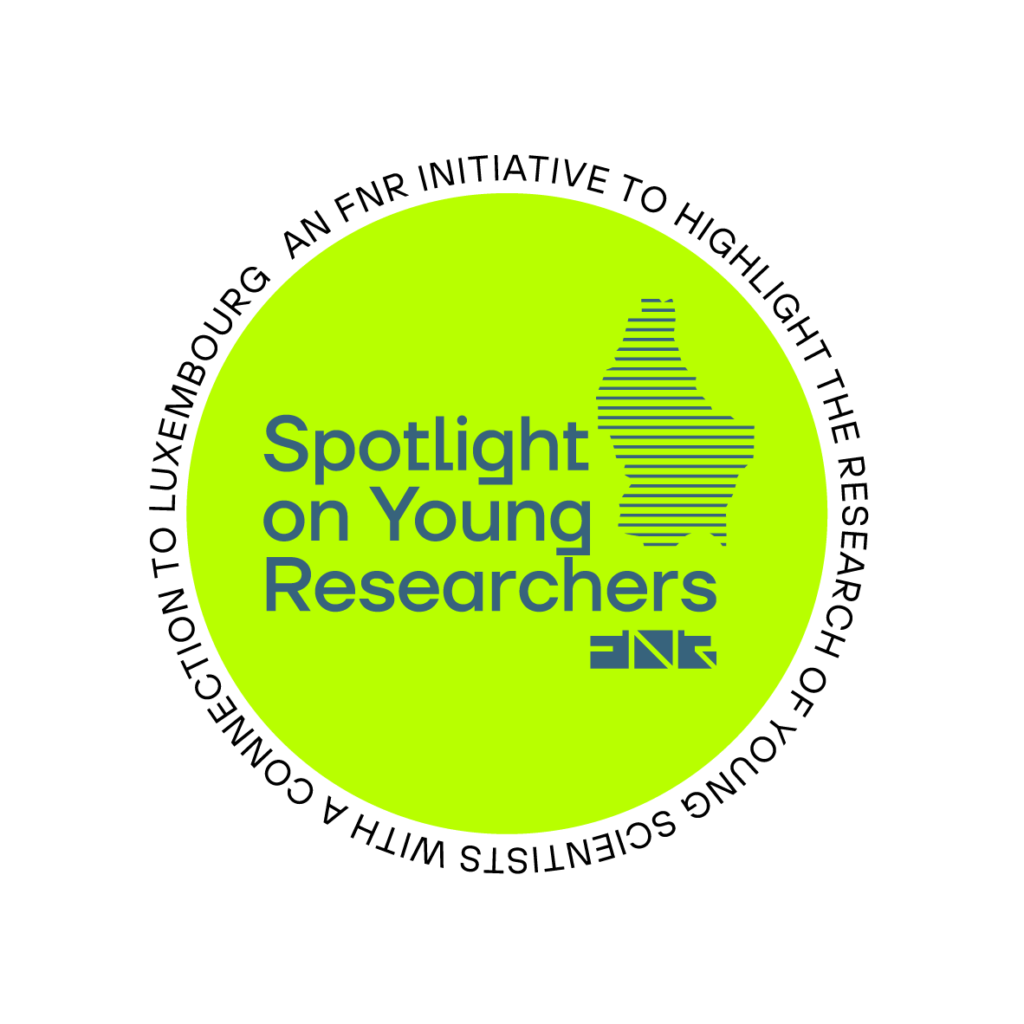
“According to our current understanding, several health issues such as traveller’s or antibiotics caused diarrhoea, irritable bowel syndrome (IBS), weak immune system response, as well as symptoms associated with food intolerance (e.g., lactose) and allergenicity (e.g. celiac disease) are linked to an imbalanced gut microbiome,” explains Jennyfer Fortuin, a food scientist exploring the ability of microalgal proteins to protect the biological activity of living bacterial cells during processing, storage and digestion.
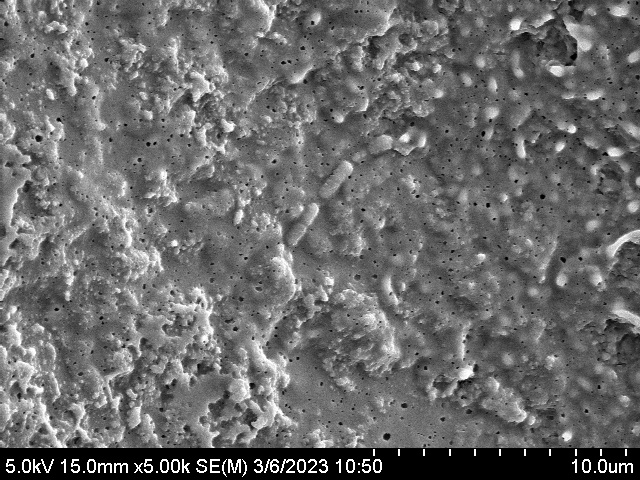
Probiotic-rich foods can help
The consumption of beneficial microorganisms (i.e., probiotics) through probiotic rich foods and food supplements is an effective way of restoring an imbalanced gut microbiome. Examples of such sources traditionally include fermented foods such as kefir, yogurt, sauerkraut kimchi, or kombucha. While easy to produce, consumers have a limited choice of foods.
“Changes in the dietary lifestyle have led to the development of innovative state-of-the art approaches for administering sufficient doses of living probiotics through specifically designed food supplements, including infant food formulas. However, the effectiveness of probiotic supplements depends on several factors including manufacturing, long-term storage, and digestion. ”Jennyfer Fortuin Food scientist & PhD candidate, Luxembourg Institute of Science & Technology (LIST)
“According to the pre-requisites of the International Alliance of Dietary/Food Supplement Associations (IADSA), a probiotic food supplement should be stable for a period of 1-2 years. However, probiotics are known for the lability to the conditions encountered during processing, storage and digestion. Commonly this can be tackled by designing thoroughly the composition of the probiotic formulations.”
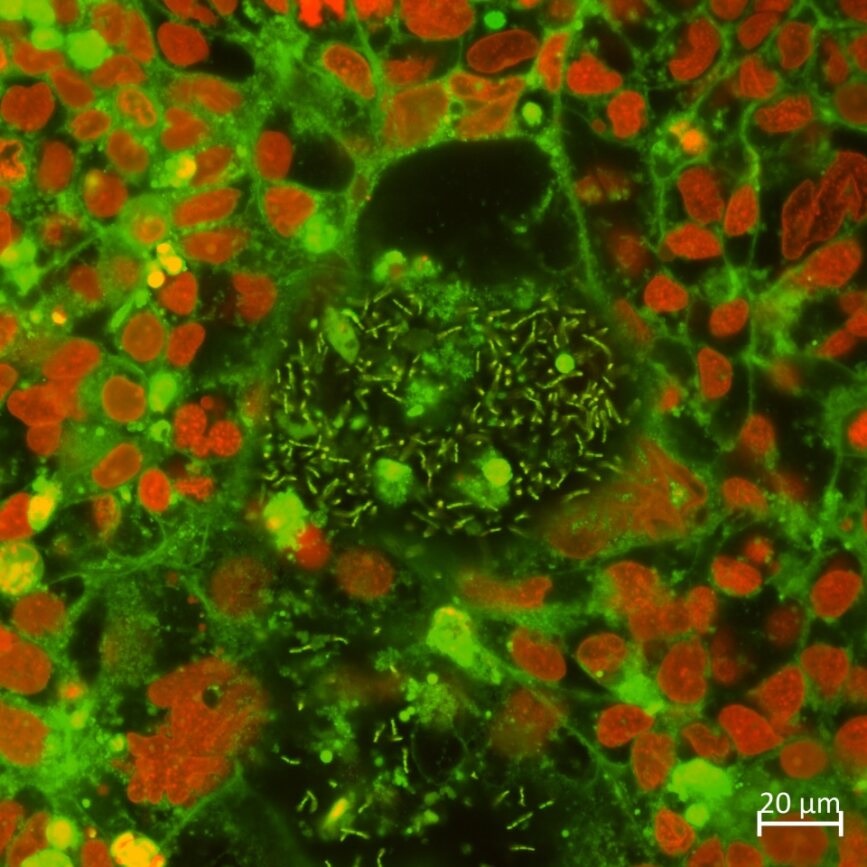
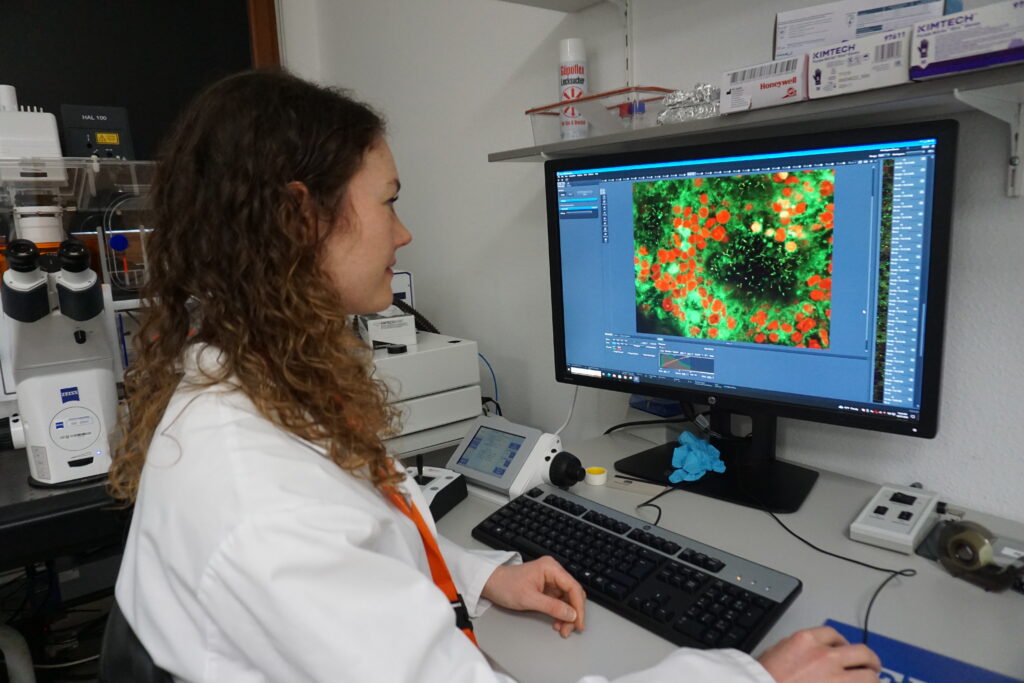
Demand for natural food is increasing
The nutraceutical industry is facing a need to shift towards more sustainable and environmentally-friendly practices. Consumers are increasingly asking for healthy, convenientand ethically sourced food, which creates technological challenges for food supplement manufacturers. Additionally, climate change brings up new challenges regarding the supply of sustainable ingredients.
Microalgae – microscopic unicellular algae found in fresh water and marine environments – have emerged as sustainable, eco-resilient and nutritionally dense food bioresources. They are high in nutrients such as proteins, lipids, dietary fibres, vitamins and antioxidants, and therefore considered as a greatly suited food ingredient for the development of nutraceutical products.
“However, our current understanding regarding the impact of microalgae on probiotic supplements is extremely limited. My project aims primarily to address the impact of microalgal proteins from Chlorella and Spirulina on protecting probiotic living cells during processing, storage and digestion. ”Jennyfer Fortuin Food scientist & PhD candidate, Luxembourg Institute of Science & Technology (LIST)
“As demonstrated in my recently published study, Spirulina protein isolate outperforms animal-based proteins (i.e. Milk proteins) in terms of its ability to protect Lacticaseibacillus rhamnosus GG (a probiotic strain known for its ability to regulate the gut function). In addition, my findings revealed the capacity of Spirulina to promote the in vitro assessed colonisation of the probiotics in the gut.”
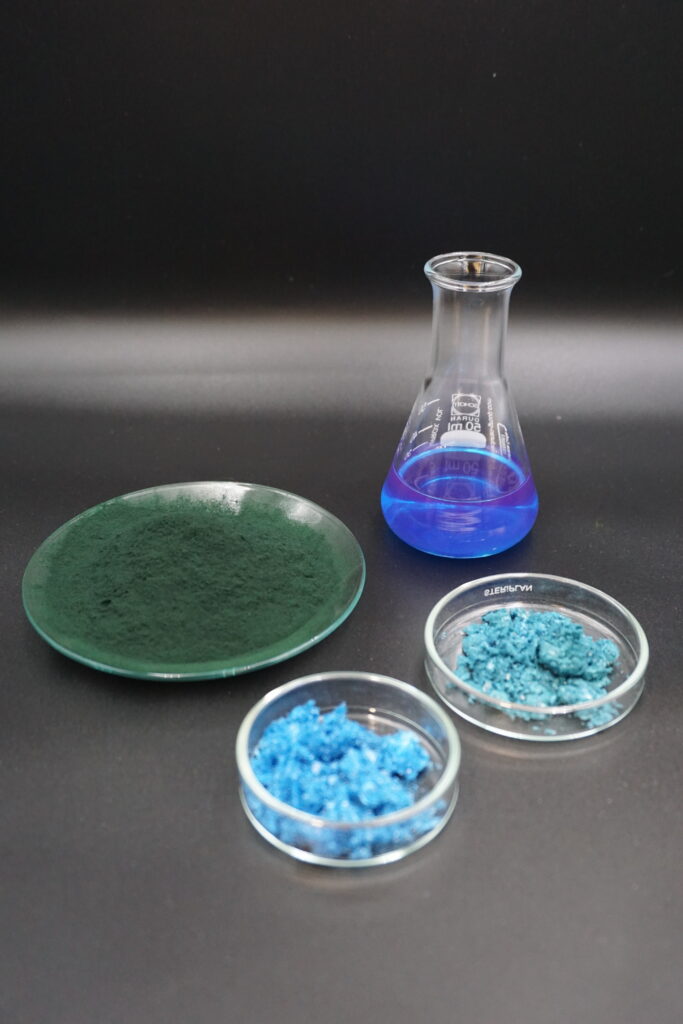
Jennyfer Fortuin is a food scientist and PhD researcher at the Luxembourg Institute of Science and Technology (LIST), in the Environmental Research and Innovation Department, Downstream Bioprocessing Group, and is supervised by Dr. Christos Soukoulis. Her project is an FNR Industrial Fellowship, meaning a collaboration with an industry partner. Discover more below.
Working with industry
Impressions from working with industry
“Due to the fact, that the primary focus of the industry is on producing goods, projects are often market driven, with a special focus on meeting the consumers’ needs. On the other hand, academia emphasizes the pursuit of knowledge, research and education. Achieving a PhD with an industrial partner provides an excellent opportunity to address research questions that can be translated into a product solution.”
How industry benefits from working with academia and vice versa
“Private-public research collaborations are undeniably advantageous for all involved parties. On the one hand, the industry benefits from accessing state of the art open research facilities, that enables fast pacing advancements of the technological know-how. As a result, costs and risks can be reduced, innovative product concepts can be developed, and the network can be expanded. On the other hand, the collaboration of the public sector with industrial partners facilitates the generation of new and pragmatic ideas having a clear economic, environmental and societal impact. These projects can be practically implemented and reflect the needs of the consumer. Overall, public-private collaboration can foster mutual benefits, driving innovation, knowledge creation, and economic growth.”
Collaborating with industry – what it looks like in practice
“My project is a collaboration between Luxembourg Institute of Science and Technology (LIST), PM International AG and Wageningen University and Research (WUR). My host institution is LIST, which is also sharing labs with PM International AG. Our frequently occurring meetings give space for fruitful discussions about my results, but also for constructive feedback from each of my supervisors. Due to this dynamic, they support and motivate me to reach my objectives.”
MORE ABOUT JENNYFER FORTUIN
What drives her as a scientist
“As a scientist, I am motivated by researching and creating sustainable, eco-resilient and problem-solving solutions, aiming to enhance the well-being of individuals. One of the most interesting aspects of developing new probiotic food supplements lies in the interplay of diverse disciplines, such as microbiology, food (bio-)chemistry, food engineering and nutrition. I choose my supervision team and host institution due to their expertise and capacities in the development of food supplements.”
What she loves about science
“What I find fascinating about science is its incessant progress, continuously uncovering new knowledge and solving complex problems. Additionally, I love the creativity needed for creating new knowledge or solving problems, which often necessitates thinking outside conventional boundaries to gain fresh perspectives and insights. Furthermore, the societal impact of advancing knowledge, such as improving the overall health, is another aspect of science I find very intriguing.”
Where she sees herself in 5 years
“Based on the experience I gained so far during my PhD project, I envision myself continuing to conduct research. If this will be in a Research and Technology Organisation, academia or the industry is not sure yet. In any case, I would love to pursue my passion for discovery while contributing to practical solutions and innovation.”
Mentors with an impact
“Dr. Anika Krona gave me the opportunity to conduct an internship at the Research Institutes of Sweden, which motivated me to continue with research. Performing my master thesis at LIST deepened the passion for science due to my supervisors Dr. Christos Soukoulis. Now I am very grateful for the fruitful discussions with my whole supervision team consisting of Dr. Christos Soukoulis (LIST), Prof. Vincenzo Fogliano (WUR) and Dr. Marcus Iken (PM International AG).”
Why she chose Luxembourg for her research
“Luxembourg offers a conducive environment for research and innovation, supported by strategic investments, a vibrant ecosystem, and a commitment to fostering collaboration and entrepreneurship. Especially the strong support for research and development, the commitment to sustainability, international collaborations and the focus on key industries, i.e. finance, biotechnology, information and communication technology, etc., contribute to Luxembourg’s innovation potential and make it an attractive destination for researchers and institutions seeking to advance their work in various fields.”
Related highlights
Spotlight on Young Researchers: Giving robots a more human touch
The use of robots is rising, both in industry and in homes. This is made possible by scientists leveraging artificial…
Read more
Spotlight on Young Researchers: Cancer in older people & the need for a tailored approach
Cancer in adults aged 65+ is increasing, raising pressure on healthcare systems worldwide, creating economic and social burdens for families…
Read more
Spotlight on Young Researchers: A behavioural science approach to financial misconduct
The rapidly evolving risk landscape financial institutions navigate has brought uncertainty and a risk, making them vulnerable to misconduct and…
Read more
Spotlight on Young Researchers: An eco-friendlier approach to plastics
Polyurethanes (PUs) are widely used plastics, produced in large quantities each year, and found in products like foams, coatings, sporting…
Read more
Spotlight on Young Researchers: Adapting Earth technologies to function on the Moon
Over 50 years after the first Moon landing, interest is growing in returning. What was the case in the 1960s…
Read more
Spotlight on Young Researchers: Towards fair health for all
Access to essential health services is considered normal in high-income countries, while they are out of reach for many in…
Read more